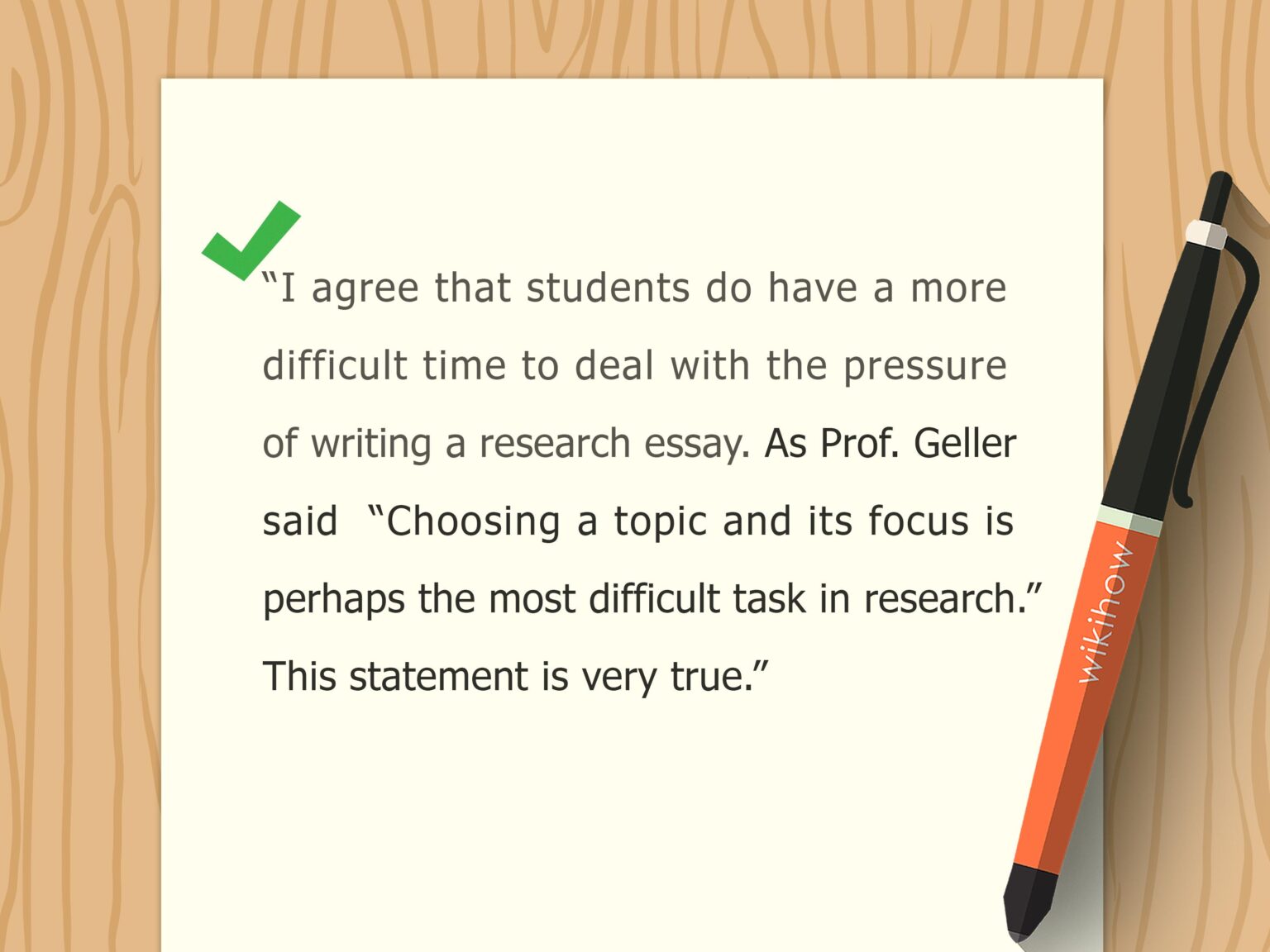Humanitarian Convoy from North Africa Faces Hostility in Eastern Libya Amid Gaza Aid Mission
In a concerning turn of events amid ongoing humanitarian emergencies, a convoy originating from North Africa en route to deliver essential aid to Gaza has encountered significant obstacles and hostile treatment while crossing eastern Libya. According to recent reports by Middle East Eye, the convoy—comprising multiple humanitarian organizations—was subjected to intimidation and harassment by forces loyal to Libyan military leader Khalifa Haftar. These incidents have raised serious alarms regarding the safety of aid personnel and the broader challenges facing relief operations in volatile conflict zones.
Harsh Treatment of Aid Workers by Haftar-Aligned Forces Disrupts Critical Humanitarian Efforts
The convoy’s journey through territories controlled by Khalifa Haftar’s militia revealed troubling patterns of obstruction and mistreatment. Eyewitnesses detailed how aid workers endured prolonged delays at checkpoints due to rigorous security inspections that often lasted several hours. Beyond procedural hindrances, many reported feeling targeted through overt intimidation tactics designed to unsettle them during their passage.
- Excessive Security Checks: Personnel were subjected to invasive searches that significantly slowed down the delivery schedule.
- Psychological Pressure: Constant surveillance and threatening behavior created an atmosphere of fear among volunteers.
- Blocked Access for Supplies: Vital humanitarian goods intended for Gazan communities were withheld or delayed, jeopardizing urgent relief efforts.
This pattern of interference not only undermines international humanitarian principles but also endangers vulnerable populations relying on timely assistance. Human rights groups have condemned these actions, emphasizing the necessity for unimpeded access and protection for those delivering life-saving aid amidst armed conflicts.
Evidences from On-the-Ground Witnesses Expose Systematic Obstruction Against Gaza Relief Operations
The testimonies collected from members within the North African convoy paint a stark picture of systematic barriers imposed on humanitarian missions navigating eastern Libya’s complex security landscape. Volunteers recounted encounters with heavily armed checkpoints where verbal abuse was commonplace, further complicating their already perilous task.
A number of individuals described being detained without clear justification, causing critical delays that could exacerbate suffering in Gaza’s besieged communities. Such deliberate obstructions appear aimed at discouraging continued support efforts rather than ensuring legitimate security concerns—a tactic that threatens both operational effectiveness and human lives alike.
The Imperative for Global Intervention: Safeguarding Humanitarian Missions in Conflict Zones
The distressing experiences faced by this North African convoy underscore an urgent call for enhanced international oversight over humanitarian corridors within conflict-affected regions like eastern Libya. Military factions must respect established norms protecting neutral aid activities so vital supplies can reach civilians without undue hindrance or risk.
This situation highlights several critical areas requiring immediate attention from global actors such as the United Nations, International Committee of the Red Cross (ICRC), and other relevant bodies:
- Enforcement & Accountability: Instituting robust mechanisms holding perpetrators accountable when they violate protections afforded under international law toward aid workers;
- Create Safe Passage Routes: Negotiating secure transit pathways guaranteeing uninterrupted movement for convoys delivering emergency assistance;
- Missions Monitoring: Deploying impartial observers tasked with documenting abuses against humanitarian teams operating within contested zones;
A coordinated global response is essential not only to protect frontline responders but also preserve fundamental human dignity amid protracted conflicts affecting millions worldwide.
A Call for Justice: Protecting Aid Workers Amid Rising Regional Instability
The unfolding scenario involving Haftar-aligned forces obstructing a vital relief mission serves as a sobering reminder about escalating risks faced by those committed to alleviating suffering across fragile environments like North Africa today. With over 13 million people currently displaced across Libya due to ongoing violence—and more than two million Palestinians reliant on external support—the stakes could not be higher.[1]
Civil society organizations urge governments worldwide alongside multilateral institutions to intensify diplomatic pressure aimed at securing safe conditions enabling unhindered delivery of lifesaving resources throughout conflict-ridden areas such as eastern Libya.[2]
Conclusion: Upholding Humanity Amidst Conflict Challenges
The disturbing accounts emerging from this recent North African convoy highlight persistent challenges confronting humanitarian actors operating under duress in unstable regions governed by competing military powers like Khalifa Haftar’s faction in eastern Libya. As these developments attract growing international scrutiny, calls intensify for accountability measures ensuring respect toward neutral relief operations crucially supporting Gaza’s beleaguered population amidst ongoing crises.

